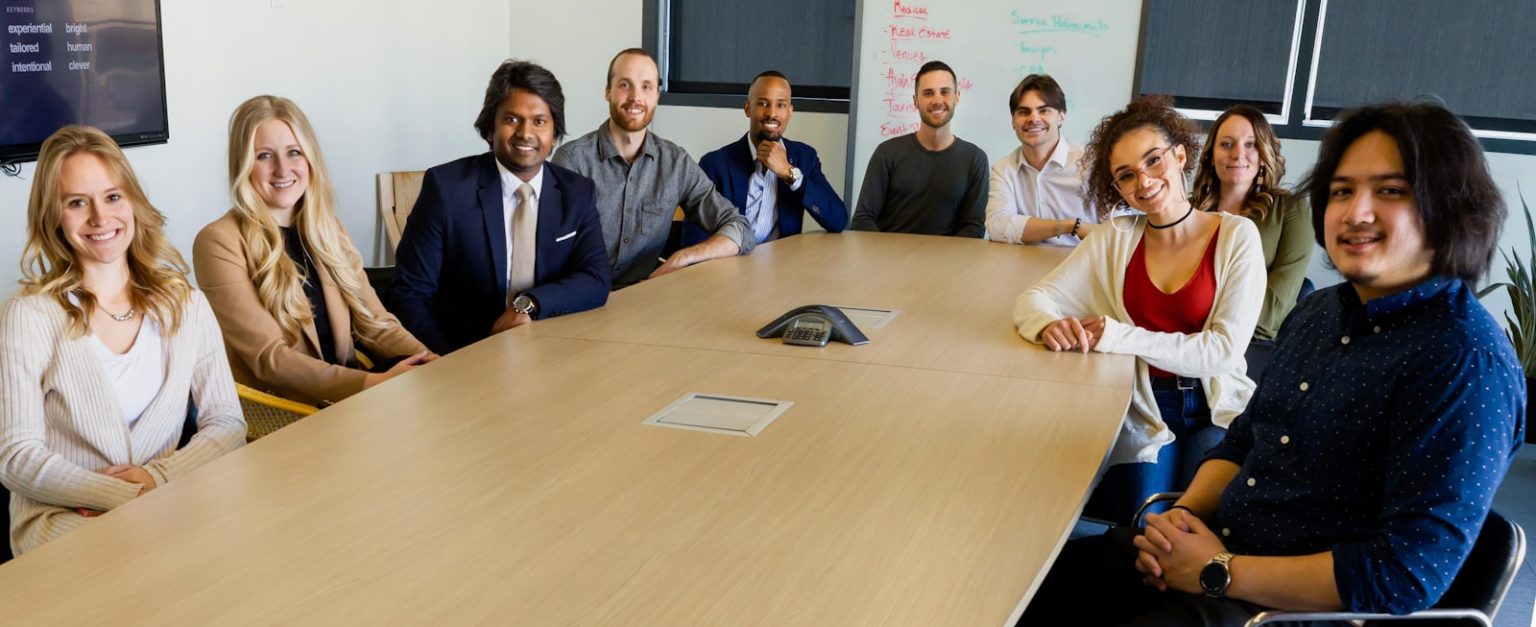The European startup scene is embroiled in a heated debate over the adoption of China’s grueling “996” work culture, which requires employees to work from 9 am to 9 pm, six days a week. While some venture capitalists argue that this intense schedule is necessary for startups to compete on a global scale, many founders and investors are pushing back against the pressure to embrace this lifestyle. Sebastian Becker, a general partner at Switzerland-based Redalpine, has recently argued that Germany’s proposed removal of the legal work limit of eight hours per day is insufficient.
“In Silicon Valley, 60-70 hour weeks aren’t the exception,” Becker stated. “If we’re consistently being outworked, we won’t win.”
However, critics of the 996 culture argue that it leads to burnout and high employee turnover rates. Suranga Chandratillake, a general partner at Balderton Capital, challenged the notion that Europe’s tech scene lags behind the U.S., pointing out that the region has produced its own deca-corns, such as Klarna, Revolut, Wise, and Checkout.com.
Nina Mohanty, founder of a London-based startup, noted the adverse effects of an always-on culture, citing Revolut’s high employee turnover rate as a cautionary tale.
Debate over 996 work culture
Sarah Wernér, co-founder of Husmus, argued that an always-on culture decreases retention and creates a revolving door of talent.
“Overwork today is a productivity crisis tomorrow,” she said. Younger generations, in particular, are less tolerant of toxic hustle cultures. Jas Schembri-Stothart, founder of Luna, a health and wellness app for teenage girls, expressed concerns about young talent being driven away from European startups due to excessive work pressures.
Instead of longer hours, founders insist that startups need more funding and resources to thrive in the global market. “What Europe really needs isn’t more hustle-porn; it’s more aggressive funding,” Wernér said. European startups have missed out on nearly $375 billion in growth-stage funding since 2015, with many turning to the U.S. for capital.
As the debate continues, it remains clear that while hard work is a given in the startup ecosystem, the European model of innovation aims to balance intense effort with sustainable practices, challenging the adoption of the 996 work culture.







